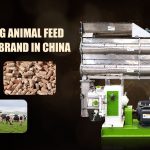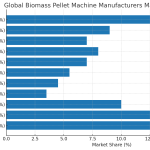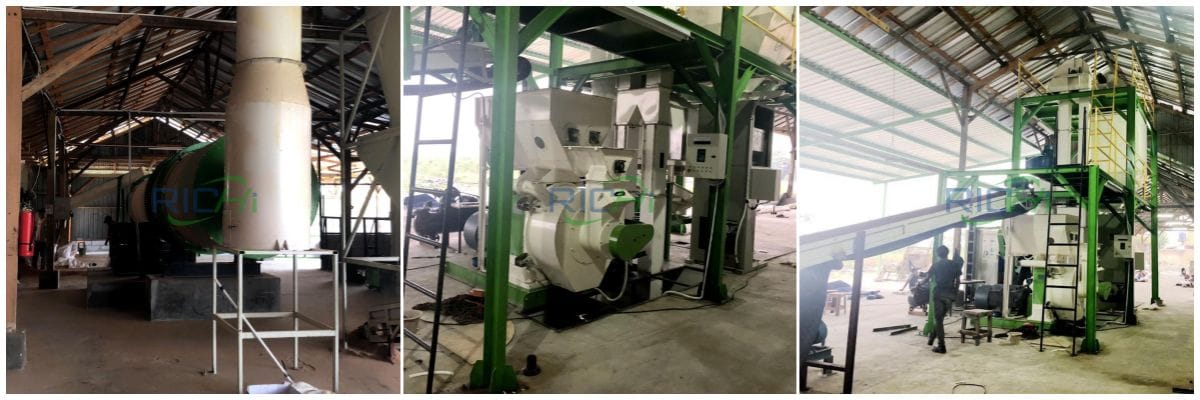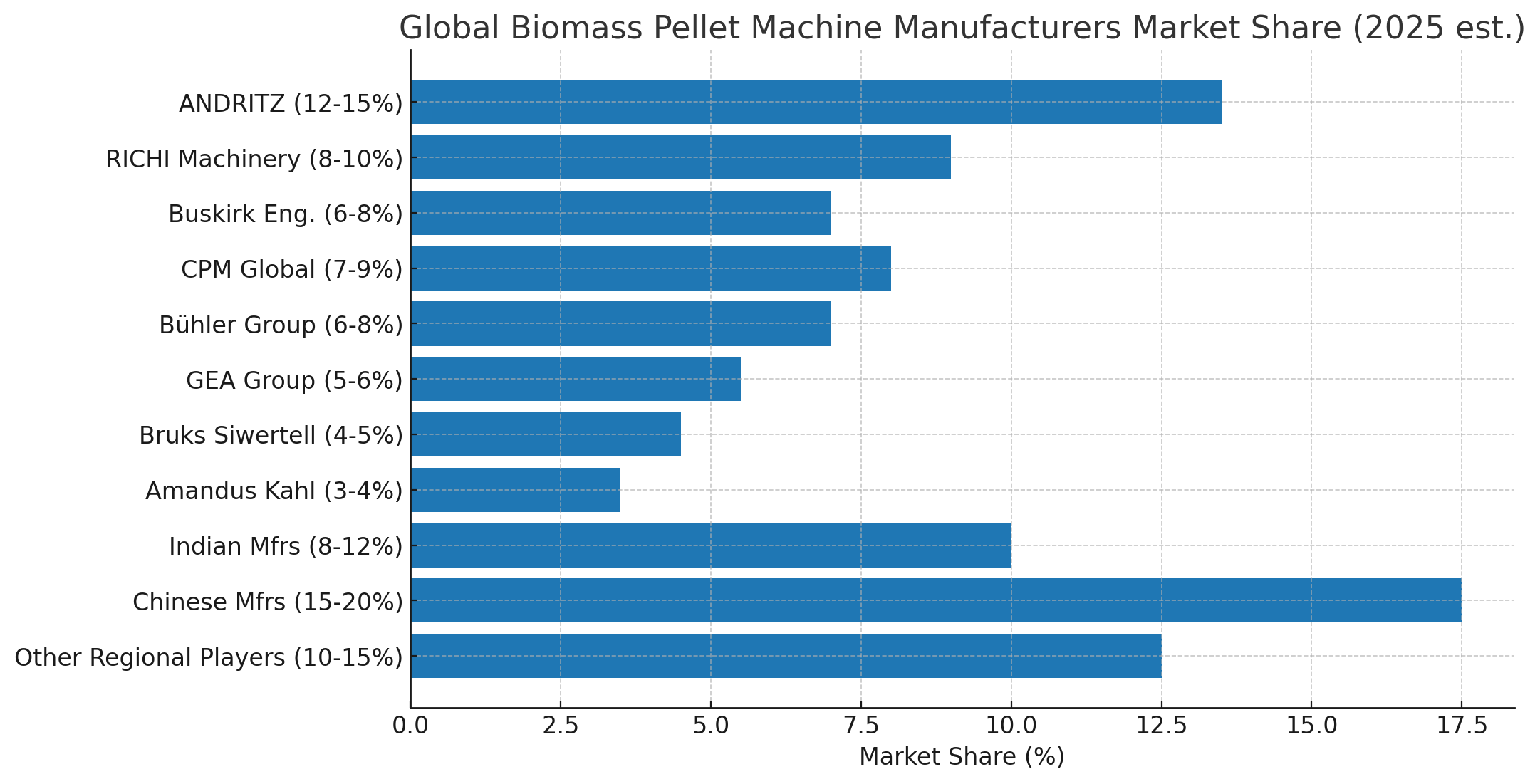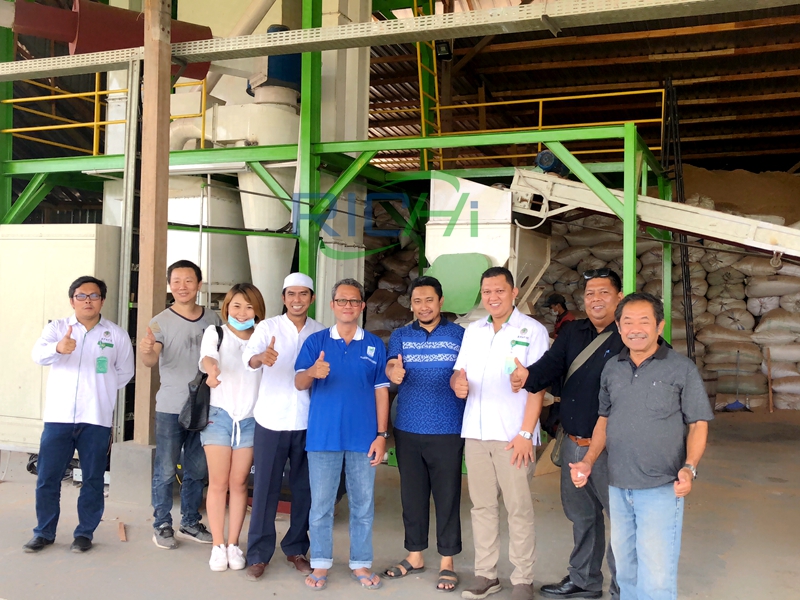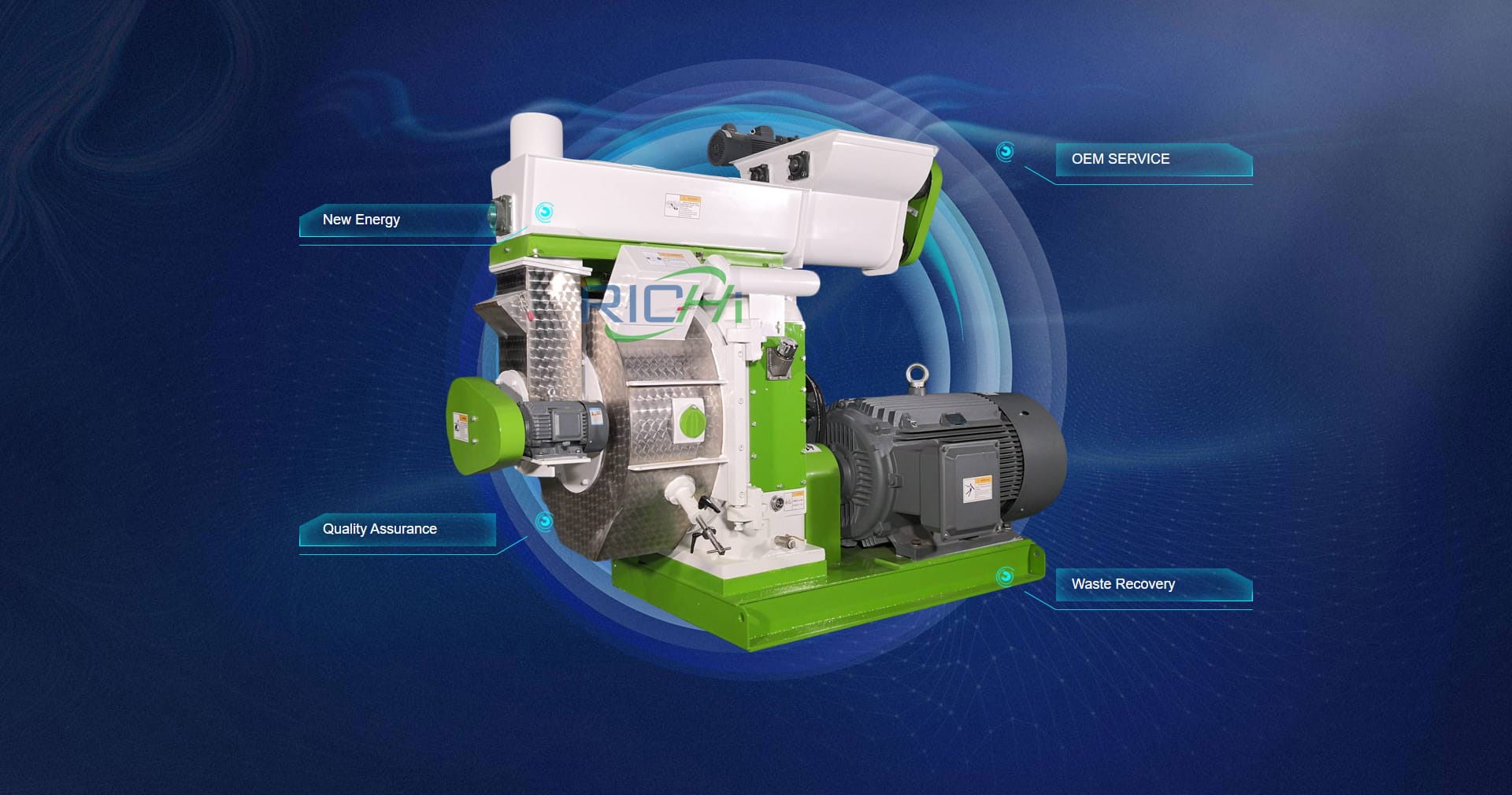Singapore, known for its forward-thinking approach to business and sustainability, has shown a growing interest in investing in biomass pellet production lines. This trend reflects the city-state’s commitment to renewable energy, environmental stewardship, and economic diversification. Let’s explore the key reasons behind Singaporeans’ enthusiasm for this green investment opportunity.
1. Alignment with Singapore’s Sustainability Goals
Singapore has set ambitious targets for reducing its carbon footprint and increasing its use of renewable energy. The country’s Green Plan 2030 outlines strategies to build a more sustainable future, including the promotion of clean energy sources. Biomass pellets, being a renewable and carbon-neutral fuel, align perfectly with these national objectives.Investing in biomass pellet production lines allows Singaporean businesses and individuals to actively contribute to the country’s sustainability goals. It provides a tangible way to participate in the green economy and support Singapore’s transition towards a more environmentally friendly energy mix.
2. Regional Market Opportunities
Singapore’s strategic location in Southeast Asia positions it ideally to capitalize on the growing regional demand for biomass pellets. Countries like Japan and South Korea have significantly increased their use of biomass for power generation, creating a lucrative export market.By investing in biomass pellet production lines, Singaporeans can tap into this expanding market. The proximity to major Asian markets reduces transportation costs and time, giving Singapore-based producers a competitive edge in the region.
Related post:2T/H Biomass Pellet Manufacturing Plant in Singapore
3. Utilization of Regional Biomass Resources
While Singapore itself has limited biomass resources, its neighboring countries, such as Malaysia and Indonesia, have an abundance of agricultural and forestry residues. These can serve as raw materials for biomass pellet production.Singaporean investors see an opportunity to leverage these regional resources through strategic partnerships and investments in production facilities in neighboring countries. This approach allows them to combine Singapore’s financial and technological capabilities with the raw material abundance of the region.
4. Technological Innovation and Expertise
Singapore is renowned for its technological prowess and innovation capabilities. The biomass pellet industry offers a new arena for applying and developing cutting-edge technologies in areas such as process optimization, quality control, and supply chain management.Investing in biomass pellet production lines allows Singaporean companies to showcase their technological expertise and potentially develop proprietary technologies that can be exported globally. This aligns with Singapore’s ambition to be a leader in green technologies and solutions.
5. Diversification of Energy Investments
Singaporean investors, both institutional and individual, are always on the lookout for ways to diversify their portfolios. The biomass pellet industry offers an attractive alternative to traditional energy investments, which are often dominated by fossil fuels.As global energy markets shift towards renewables, investing in biomass pellet production provides a way to be part of this transition while potentially reaping significant returns. It’s seen as a forward-looking investment that balances risk with the promise of long-term growth in the renewable energy sector.
6. Government Support and Incentives
The Singaporean government has been proactive in supporting green industries and technologies. Various incentives, grants, and supportive policies are available for businesses investing in renewable energy projects, including biomass pellet production.This government backing reduces the risk for investors and provides additional motivation to enter the biomass pellet market. It also signals the government’s long-term commitment to the industry, giving investors confidence in the sector’s future prospects.
7. Circular Economy Principles
Singapore has been actively promoting the concept of a circular economy, where waste is minimized, and resources are reused or recycled. Biomass pellet production aligns perfectly with this principle by turning agricultural and forestry waste into valuable energy resources.Investing in this sector allows Singaporeans to participate in and promote circular economy practices, enhancing the country’s reputation as a leader in sustainable development.
8. Job Creation and Economic Growth
While Singapore may not host large-scale production facilities within its borders, investments in regional production lines can still contribute to job creation and economic growth. This can occur through management roles, technology development, trading activities, and ancillary services based in Singapore.The growth of the biomass pellet industry can stimulate related sectors such as logistics, finance, and consulting, all of which are strong suits of Singapore’s economy.
9. Energy Security Considerations
As a country with limited natural resources, Singapore is always concerned about energy security. Investing in biomass pellet production line provides a way to diversify energy sources and reduce dependence on fossil fuel imports.While biomass pellets may not be a primary energy source for Singapore itself, having stakes in their production enhances the country’s influence in regional energy markets and contributes to overall energy security strategies.
10. Corporate Social Responsibility (CSR) and ESG Goals
Many Singaporean companies are increasingly focused on meeting Corporate Social Responsibility (CSR) and Environmental, Social, and Governance (ESG) goals. Investing in biomass pellet production lines offers a tangible way to demonstrate commitment to these principles.Such investments can improve a company’s sustainability profile, potentially attracting environmentally conscious investors and customers, and aligning with global trends in responsible investing.
Conclusion
The growing interest among Singaporeans in investing in biomass pellet production lines is driven by a combination of environmental consciousness, economic opportunities, and strategic considerations. It reflects Singapore’s broader ambitions to be a leader in sustainable development and green technologies while leveraging its strengths in finance, technology, and regional trade.
As the global demand for renewable energy continues to grow, and as Asian countries increasingly turn to biomass as part of their energy mix, Singaporean investments in this sector are likely to increase. This trend not only contributes to Singapore’s economic diversification but also positions the country as a key player in the regional renewable energy landscape.
By embracing biomass pellet production, Singaporean investors are not just seeking financial returns; they are actively participating in shaping a more sustainable future for the region and the world. As the industry evolves, Singapore’s role in driving innovation, setting quality standards, and facilitating trade in biomass pellets is likely to grow, further cementing its position as a hub for green energy in Southeast Asia.
